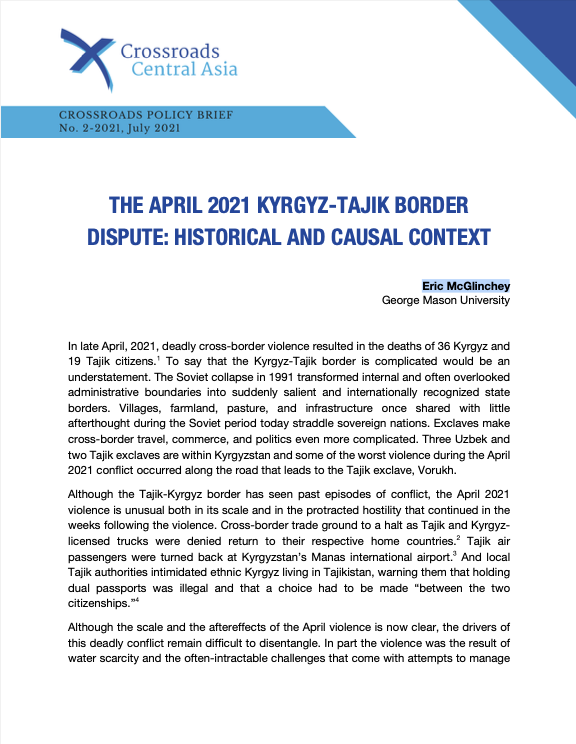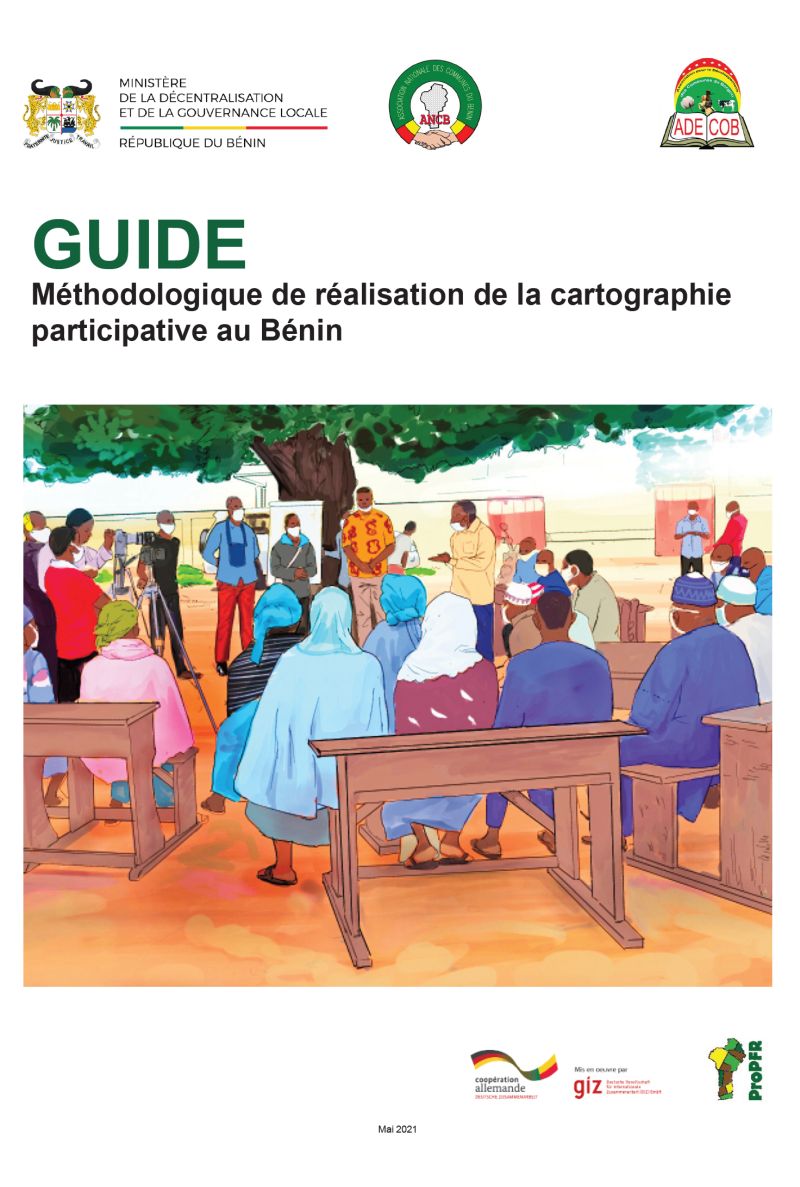A call to action for nexus approaches that leave no one behind
Scientists have declared that the earth is now “well outside the safe operating space for humanity†as a result of our destruction of the natural world. A recent report was the first to assess all nine planetary boundaries and found that six have been transgressed.







